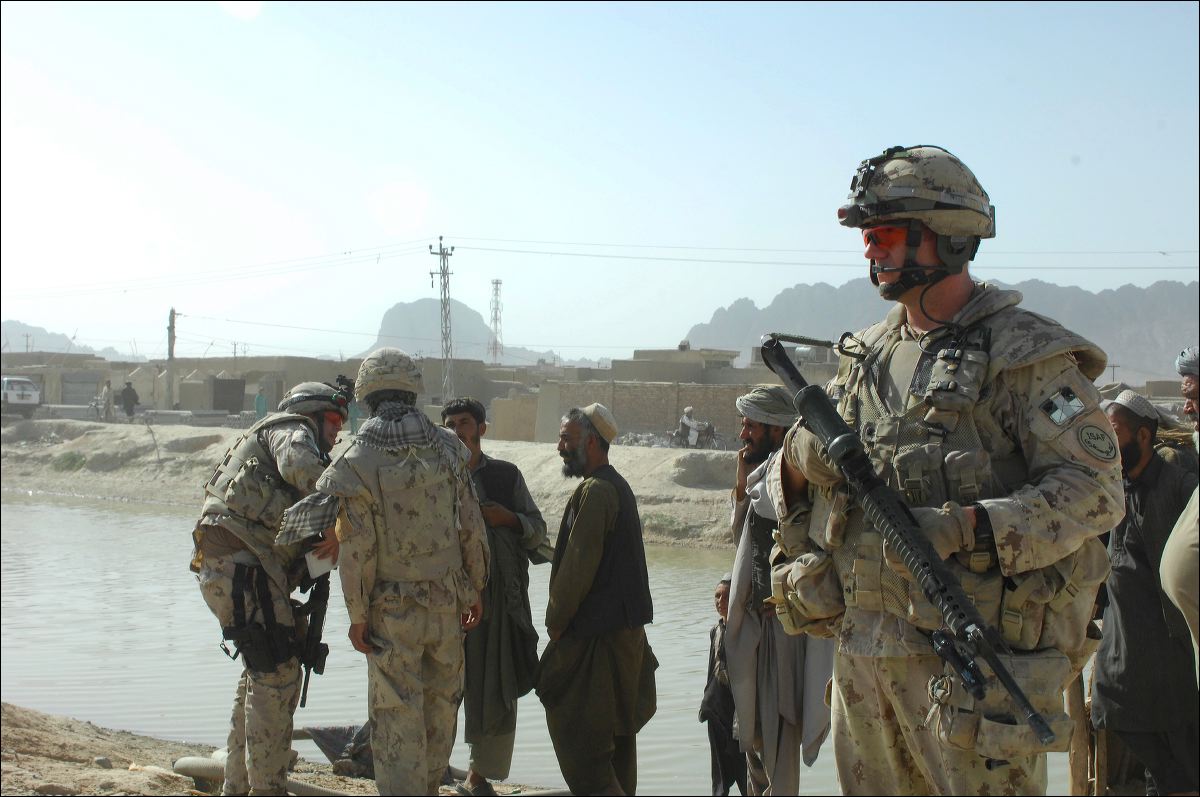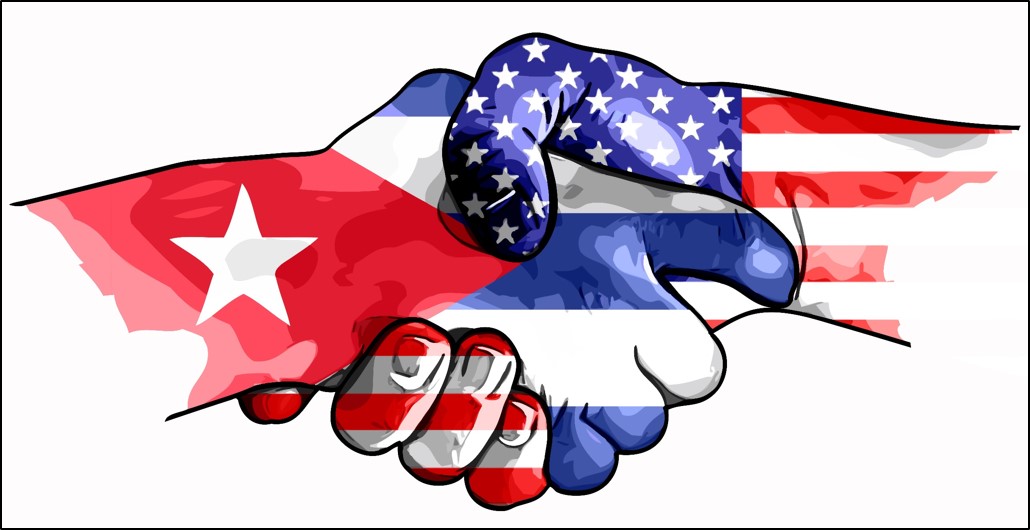Recently the Canadian Forces have been the subject of a great deal of media coverage on the issue of mental health within their ranks. Media reports that the Canadian Forces lost more personnel to suicide than to combat in Afghanistan over the period of the mission have put the Canadian Forces under public scrutiny, leading to criticisms over the Forces’ attention towards the mental well-being of its members.
Mental disorders are a sensitive topic for men and women in uniform, however these topics have begun receiving more mainstream exposure. We can perhaps attribute this to initiatives in the civilian world such as those undertaken in recent years by Canadian Olympian Clara Hughes to address the stigma around mental health issues across Canada.
Barriers to Canadian Forces personnel in acknowledging and seeking treatment for mental health issues such as post-traumatic stress disorder, depression, and anxiety, are the same as in civilian life. Self-sufficiency in wanting to handle the problem on one’s own, or simply feeling that they do not need treatment for the  issue, as well as fear of stigma or discrimination and prejudice all deter people from seeking help for mental health issues. While these barriers are present universally, some might argue that in the subculture of the Canadian Forces, or in any military for that matter, these barriers are amplified and making seeking help all the more difficult.
issue, as well as fear of stigma or discrimination and prejudice all deter people from seeking help for mental health issues. While these barriers are present universally, some might argue that in the subculture of the Canadian Forces, or in any military for that matter, these barriers are amplified and making seeking help all the more difficult.
Last year, the Canadian Forces undertook a comprehensive mental health survey of its members with two main objectives: to determine how the current CAF mental health system is influencing the phenomena, and to determine the effect of the Afghanistan mission on the need for mental health services in the military. Additionally, the 2013 Canadian Forces Mental Health Survey addressed a gap in available data about the collective mental health of the Canadian Forces. Previous research had been focused on those members who have sought care, but little was known about those who have not. From March to April 2013 the CFMHS was conducted with Statistics Canada through personal interviews with a random sample of both the Regular and Reserve Force.
Data collected in the survey has only recently started to become available, and initial reports suggest that 1 in 6 full-time members of the CAF are experiencing symptoms of mental health disorders. The CFMHS quantified these disorders by classifying them into six categories: major depressive episode, post traumatic stress disorder, generalized anxiety disorder, panic disorder, and alcohol abuse as well as alcohol dependence. Depression was found to be the most common disorder, affecting 8% of full-time troops, and alcohol abuse was discovered to be the least common at only 2.5%. These preliminary statistics suggest that mental health issues in the Canadian Forces are under control. As more detailed data becomes available at the end of this year, researchers and policy makers will be better equipped to understand the unique needs of Canadian Armed Forces personnel and ensure that resources are being allocated appropriately to meet those needs.
Outside of the mental disorders analyzed by the CFMHS, suicide rates have been a subject of much discussion and questions have been raised about the efforts being taken to prevent these tragedies. In 2012, an additional $11 million was allocated to the CAF to supplement the annual expenditure of $38 million being spent on mental health care for CAF personnel; specifically to help alleviate extended wait times for valuable services to ensure our men and women in uniform are getting the help they might need.
While recent framing of mental health in the CAF paints a rather bleak picture by contrasting the number of suicides against the number of combat deaths in Afghanistan, it is important to understand that these numbers are being taken out of context. Suicide is a concern for all Canadians, and Statistics Canada rates it as the second leading cause of death in Canadians ages 15-35. Despite the headlines, the suicide rate for CAF personnel is actually currently lower than that of the general population.
In addition to the recent efforts to identify shortcomings in the CAF response to the mental health of its members by the CFMHS, there is have a great deal of programming and resources available to serving members. These services include 24/7 hotlines for personnel as well as families, and integrated personnel support centres that offer reintegration and return-to-work programs – all under the mental health program branded, “You’re Not Alone” by the Canadian Armed Forces.
Irrespective of our best efforts, there will always be obstacles to addressing mental health issues in our society. The Canadian Armed Forces are burdened in these cases with the unique obstacle of systemic recruitment problems, which are affecting the military as a whole. In the winter of 2013 the Government promised to renew its efforts to reach a long-standing goal of retaining 454 psychiatrists, psychologists, addiction counsellors, and social workers to support CAF personnel. However despite this promise, some 40 mental health-related positions are currently vacant nationwide. This represents approximately 10% of the military’s workforce in this sector; complementing other staffing issue that have been plaguing the CAF for years.
The research may currently support that mental health issues in the Canadian Forces have been addressed appropriately, but there is no guarantee that this will continue to be the case indefinitely. With wait times rapidly ballooning as a result of staffing issues, there is potential for the situation to take a turn for the worse. It is imperative that initiatives such as the 2013 CFMHS continue. We must assess the efficacy of the present system and identify shortcomings in addressing ativan of the mental health needs of our men and women in uniform. Failing to do so and allowing ourselves to become complacent is inviting the problems facing our military personnel to expand beyond our capacity to solve them. As Canadians, we have a responsibility to those men and women who have put their lives on the line for us and our way of life, not to let that happen.




